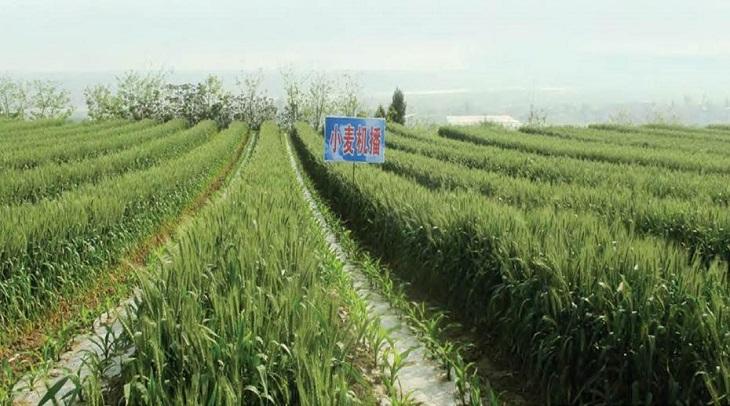
Experts urge China to diversify its seed imports amid rising geopolitical tensions and climate disasters
Looking to reduce its reliance on foreign suppliers for critical foodstuffs, China is growing more innovative and bold. An article in the South China Morning Post recently looked at the importance of seeds and agritech advancements.
China is the world’s second largest seed consumer behind the United States, accounting for about 70% of the corn seed that China imports; the contribution of improved seeds to increased agricultural yields in China is 45%, lower than Western countries where it is as high as 60%.
Agricultural scientist Jia Yinsuo spent 33 years of research across 23 African countries, and collected 1,566 varieties of corn seeds to use in the breeding of better corn in China, and from 2005, he led the Ministry of Agriculture’s seed resources project. The project developed and released higher-yielding corn varieties crossbred from Chinese and African varieties. Jia is also chairman of the African Academy of Sciences China branch.
The SCMP article quotes Jia as pointing out that “About 70 per cent of China’s corn seed comes from the US,” and that “Western countries, especially the US, have created a serious choke point on our seed resources.”
The increasing attempts by the US-led West to contain China’s economic development have raised concerns over China’s food security given its reliance on food imports.
Experts have called on Beijing to diversify its seed imports, increase collaboration between universities and companies, and employ smarter breeding techniques. According the SCMP, Chinese academics argue that China must “strengthen its agricultural technology and diversify its seed suppliers to address the international ‘choke point’ in its agricultural sector, including the livestock industry and the breeding of high-quality fruits and vegetables.”
Professor Deng Yan, from Guangdong Ocean University’s School of Management, argues that China’s agricultural technology gap, “particularly with the US, can’t be allowed to widen any further” and to let this happen would put China “at greater risk of containment by the US.”
China is the world’s second-largest seed consumer after the US, and the market potential is estimated to be over US$16.6 billion. China has nearly eight times more authorised domestic breeds of crop seeds than the US and the Netherlands combined, according to data compiled by Deng from the International Union for the Protection of New Varieties of Plants. However, China’s seed exports only have a 1.5 per cent share of the global market, compared with the Netherlands’ 20.5 per cent and the US’ 14 per cent. China lagged well behind the US in seed patents, Deng said. Indeed, the experts say that in key areas of agricultural technology, China lags behind the US.

China has vowed to boost support for seed breeding technologies to ensure food security amid worsening ties with the US. Photo: Xinhua
The average yield of China’s soybean and corn varieties is only equivalent to 60 to 70 per cent of the yield of US’ fields, Liu Xin, director of the Office of the National Crop Variety Certification Committee, said at a news conference in Beijing on 18 April 2023.
“The contribution of enhanced seeds to increased agricultural yields in China is only 45 per cent, which still leaves a lot of room for improvement from the level of more than 60 per cent in developed countries in the West,” said Liu. He emphasized the need for China to pay more attention to the breeding of enhanced seed resources and to increase research in seed biotechnology to reduce the gap with the West.
See full SCMP article at: https://www.scmp.com/economy/china-economy/article/3226174/chinas-seeds-agricultural-choke-hold-must-see-breeding-advancements
Source: South China Morning Post, 1 July 2023. ‘China’s seeds, in an agricultural choke hold, must see breeding advancements’.
See also: SCMP, 22 March 2023. ‘China food security: domestic seed industry plagued by lack of innovation, officials warn’.